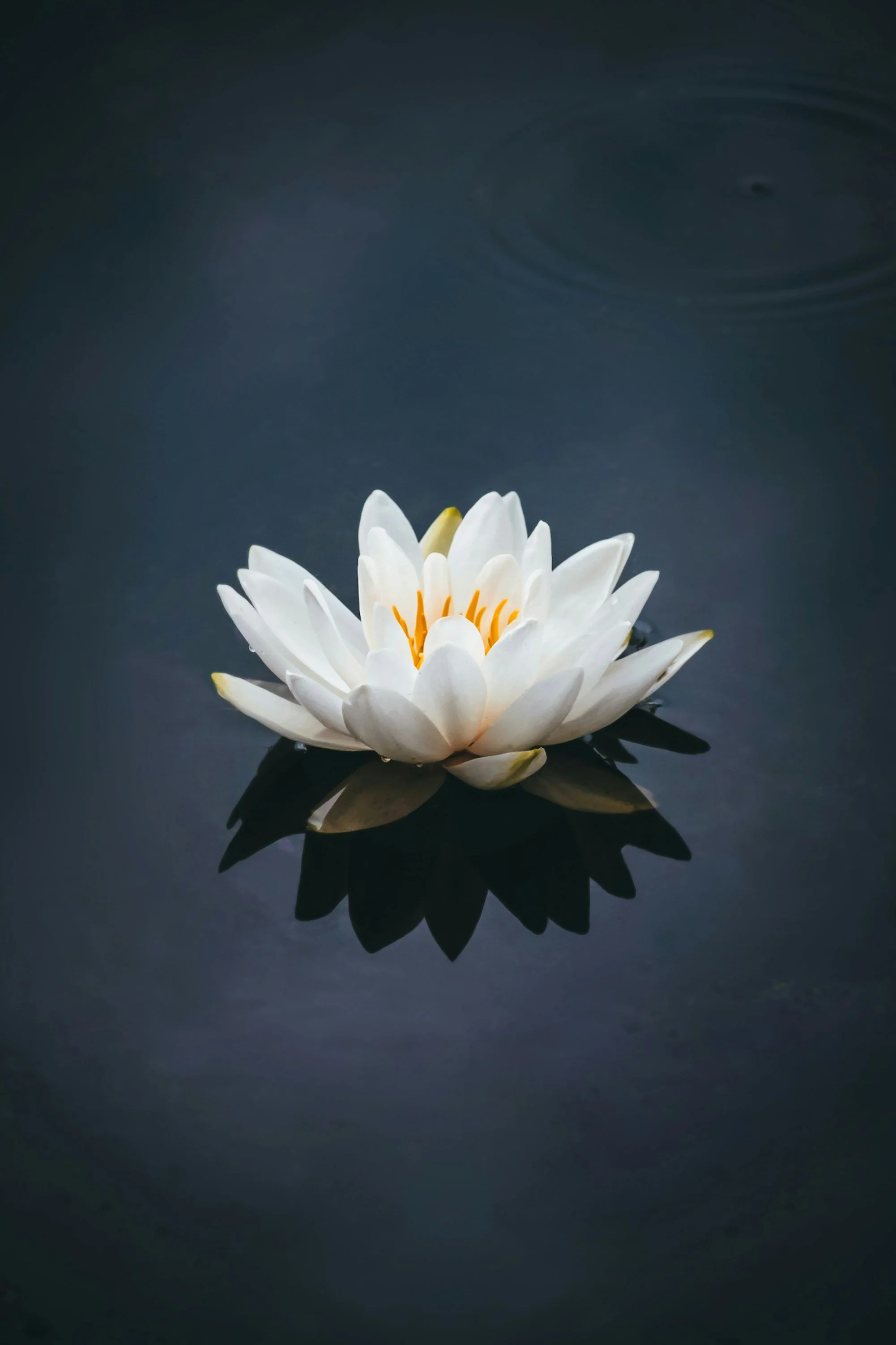
Fertility Series🌸 Endometriosis and Fertility: Can Acupuncture and Herbs Help You Conceive?
Endometriosis can interfere with fertility in many ways. Acupuncture and Chinese herbal medicine offer natural support to reduce pain, improve cycles, and increase the chances of conceiving—naturally or with IVF.
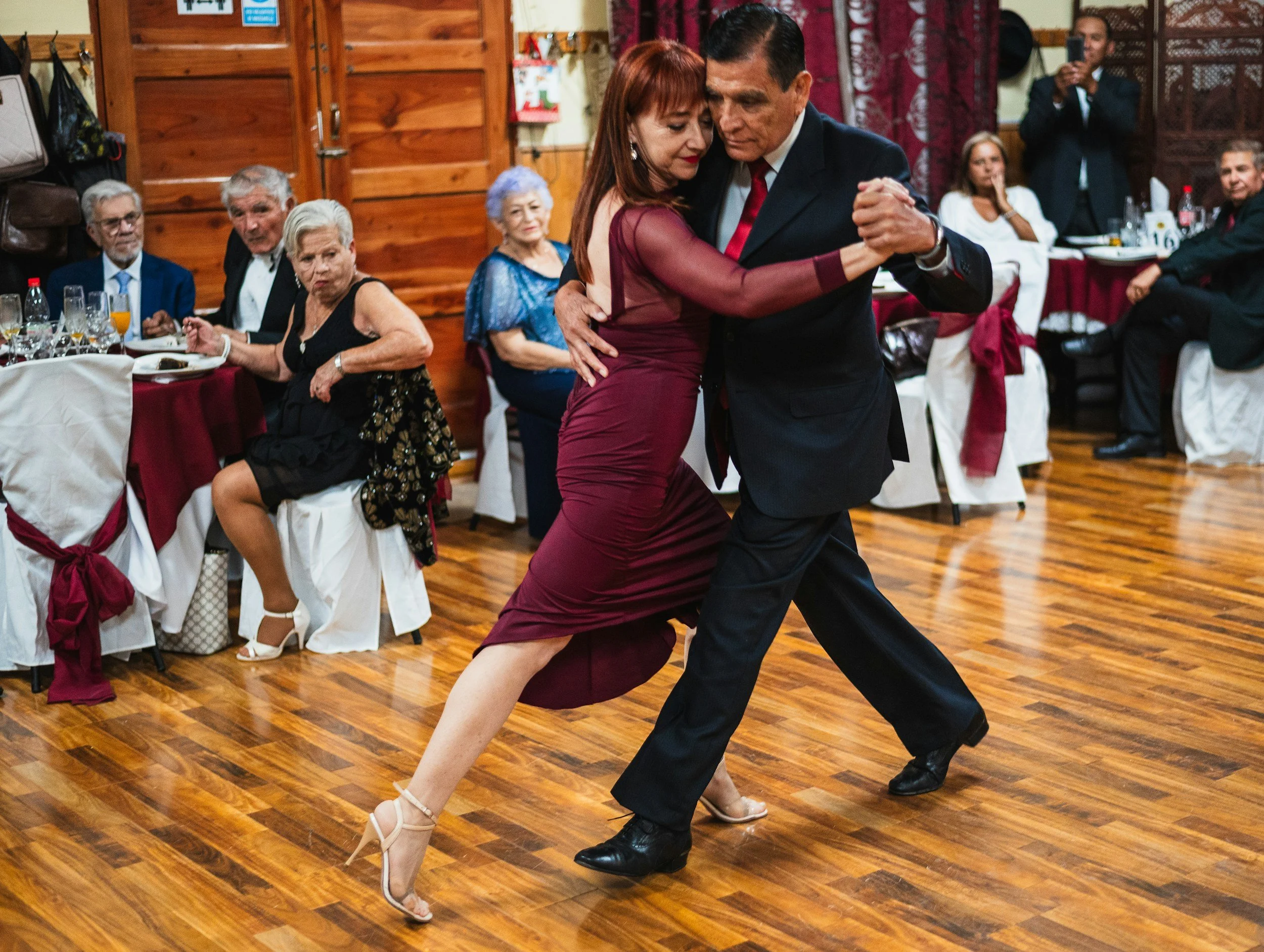
Why Pain Feels Different for Everyone... And What You Can Do About It
Dancing through life without pain: acupuncture, Chinese herbal medicine, and laser therapy can help you stay active
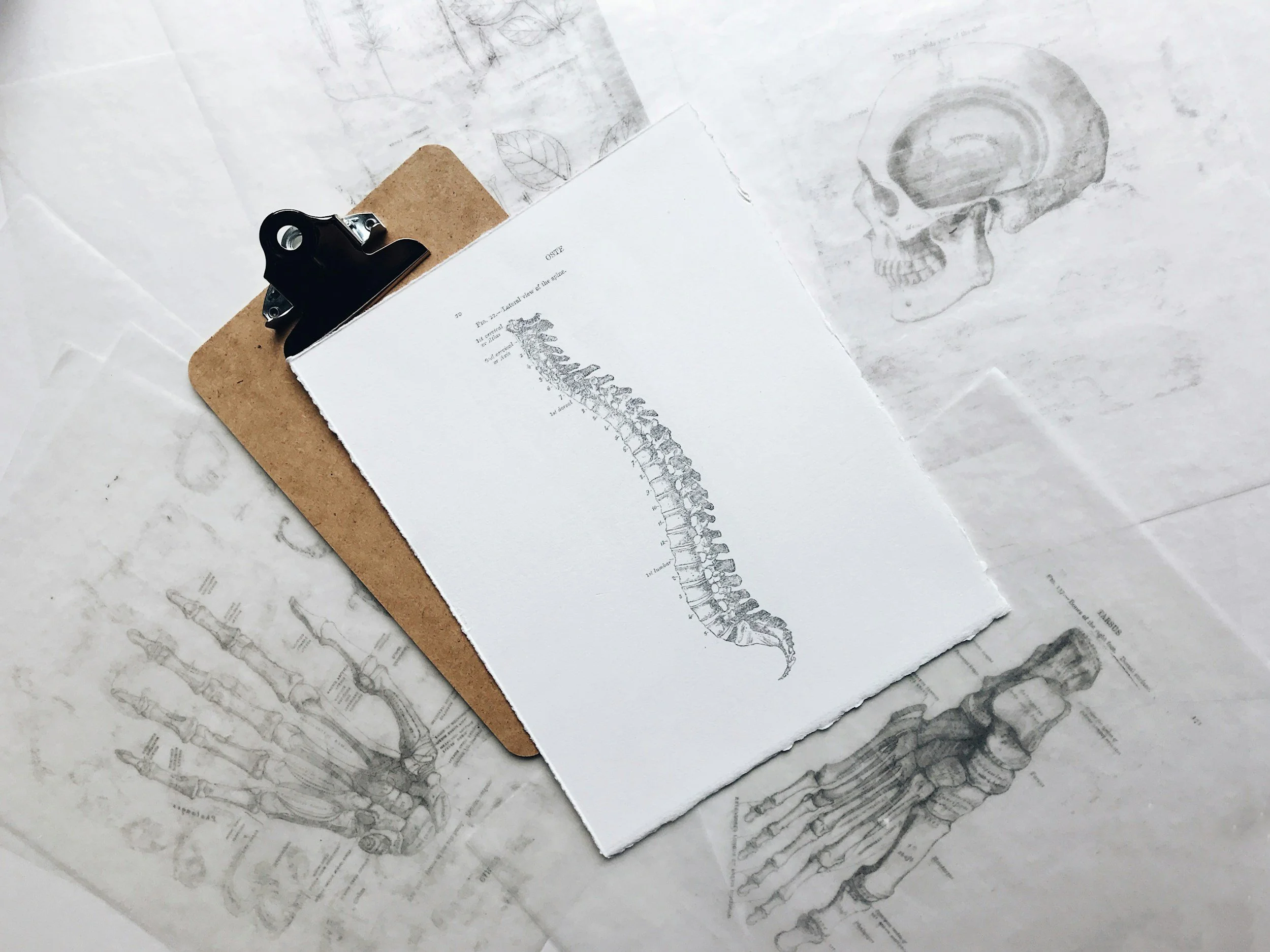
Pain Isn’t Just an Alarm... It’s an Experience Your Whole Life Shapes
Pain is real—but it isn’t a simple read‑out from injured tissue. What you feel is your nervous system’s running commentary on threat, shaped by sleep, stress, beliefs, hormones, movement load, diet, age, and health history. That’s why the same scan or diagnosis can hit different people in totally different ways

🌸 Can Acupuncture Help You Conceive Naturally?
Trying to conceive? Learn how acupuncture can improve fertility, regulate hormones, and support natural conception—backed by evidence and clinical experience.
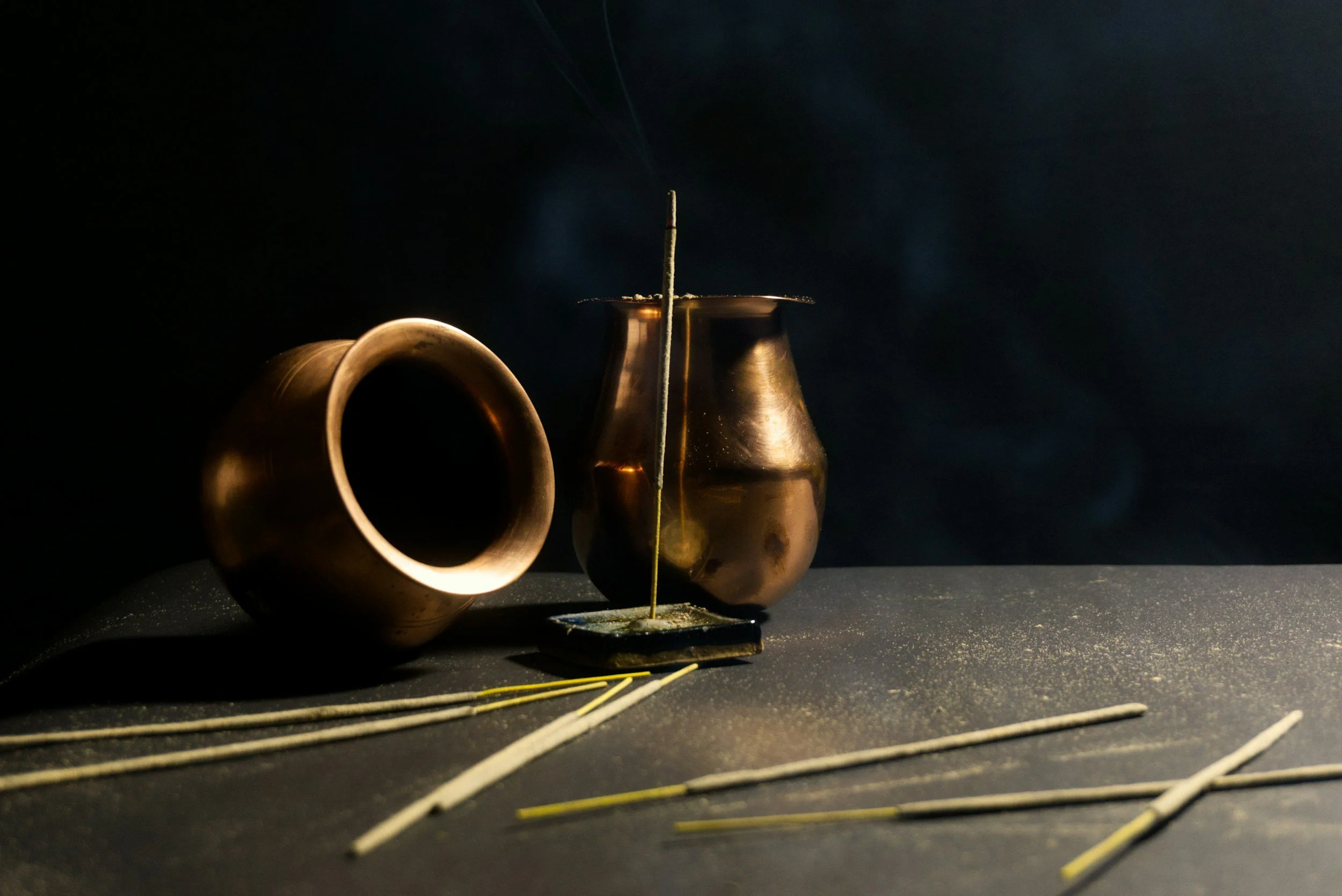
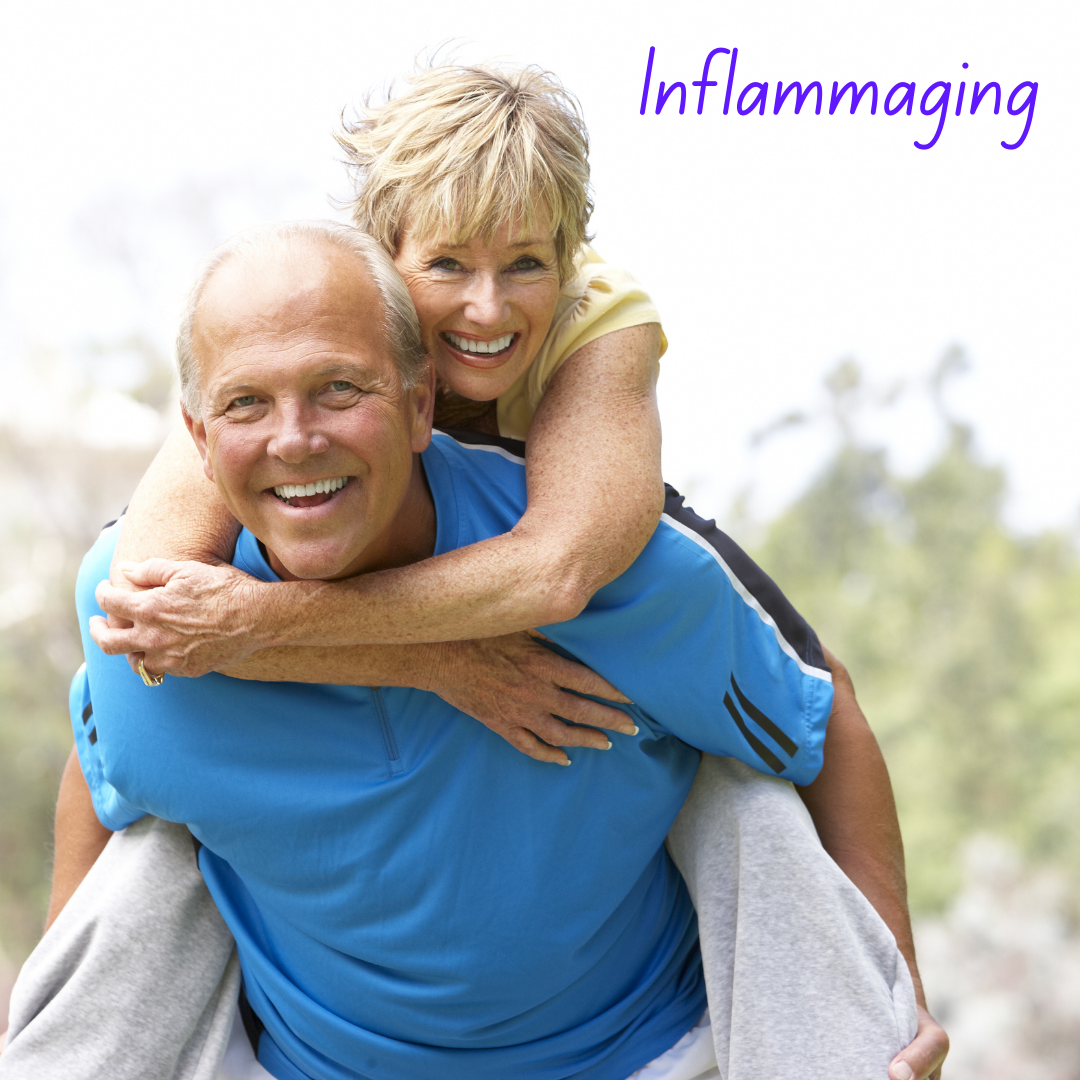
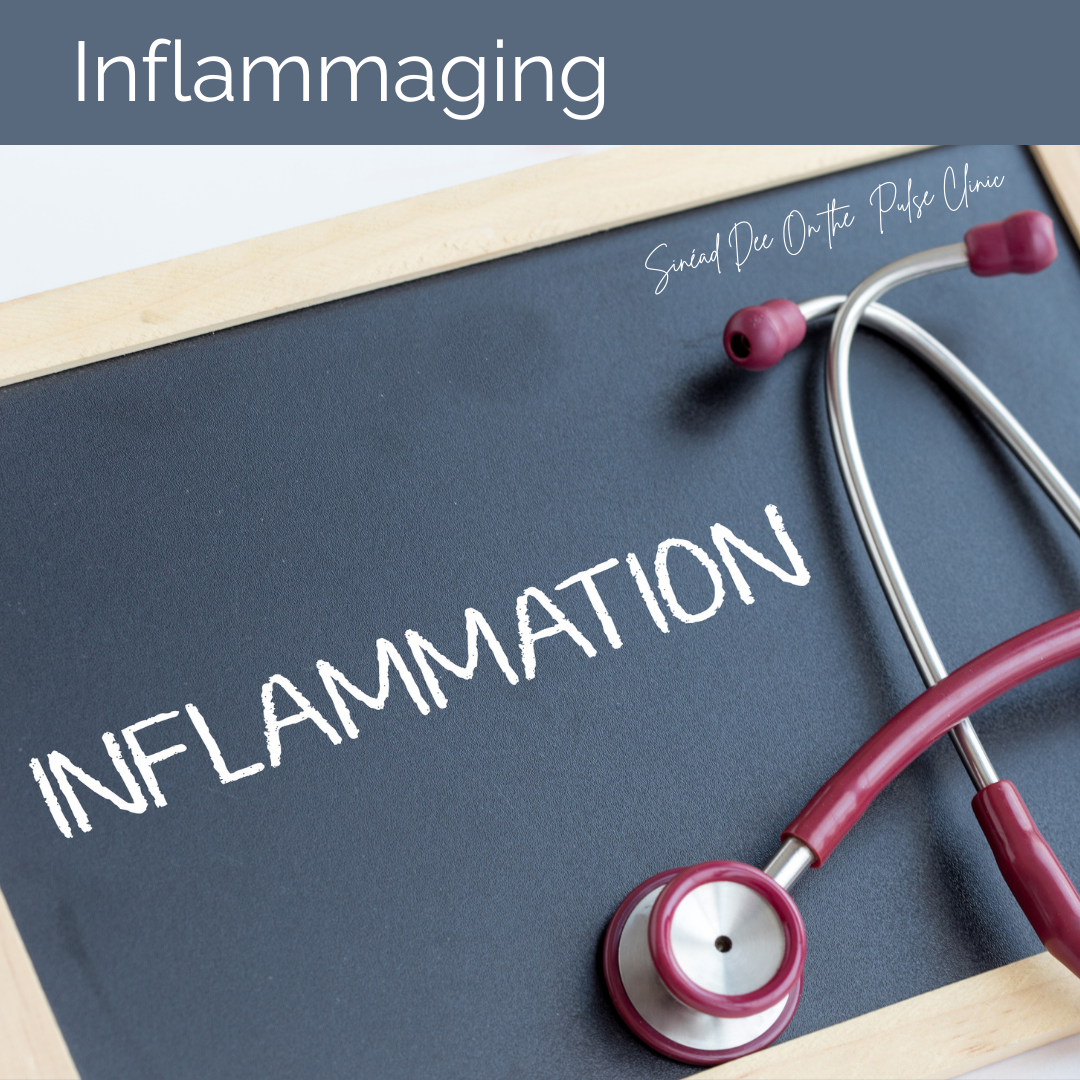
Reframing Inflammaging: A Clinical Perspective on Acupuncture, Chinese Herbal Medicine, and Ageing
Inflammaging—a term now well established in the biomedical literature—describes low-grade, persistent inflammation that accumulates with age. It underpins many of the chronic, non-specific symptoms we see in older patients: fatigue, musculoskeletal pain, poor sleep, digestive slowing, and decreased resilience.
These symptoms often present before frank pathology is measurable, making early intervention both difficult and crucial. This is where Traditional Chinese Medicine (TCM)—particularly acupuncture and Chinese herbal medicine—offers a valuable, evidence-aligned framework.

Why Do We Ache More As We Age?
Why Do We Ache More As We Age?
It’s common to associate getting older with stiffness, soreness, and “creaky” joints. But these sensations aren’t just a result of wear and tear. Increasingly, researchers understand that low-grade inflammation plays a key role in why we feel more achy, tense, or sore as we age—even without an injury.
Here’s what’s happening beneath the surface:

⚡ Pain, Fatigue & Mitochondrial Crosstalk
Low-grade chronic inflammation in ageing patients quietly sensitises pain receptors and disrupts mitochondrial energy production. This results in a clinical constellation often seen in older adults:
Persistent, nonspecific muscle or joint pain
Reduced physical resilience and easy fatigability
Non-restorative sleep and heightened sensory sensitivity
“Idiopathic” fatigue that doesn’t respond to conventional therapies
Emerging biomedical evidence highlights a bidirectional relationship: inflammation impairs mitochondrial function → lower ATP output → more reactive oxygen species (ROS) → further inflammation → more mitochondrial damage. This vicious cycle underpins syndromes like fibromyalgia, chronic fatigue, and frailty.
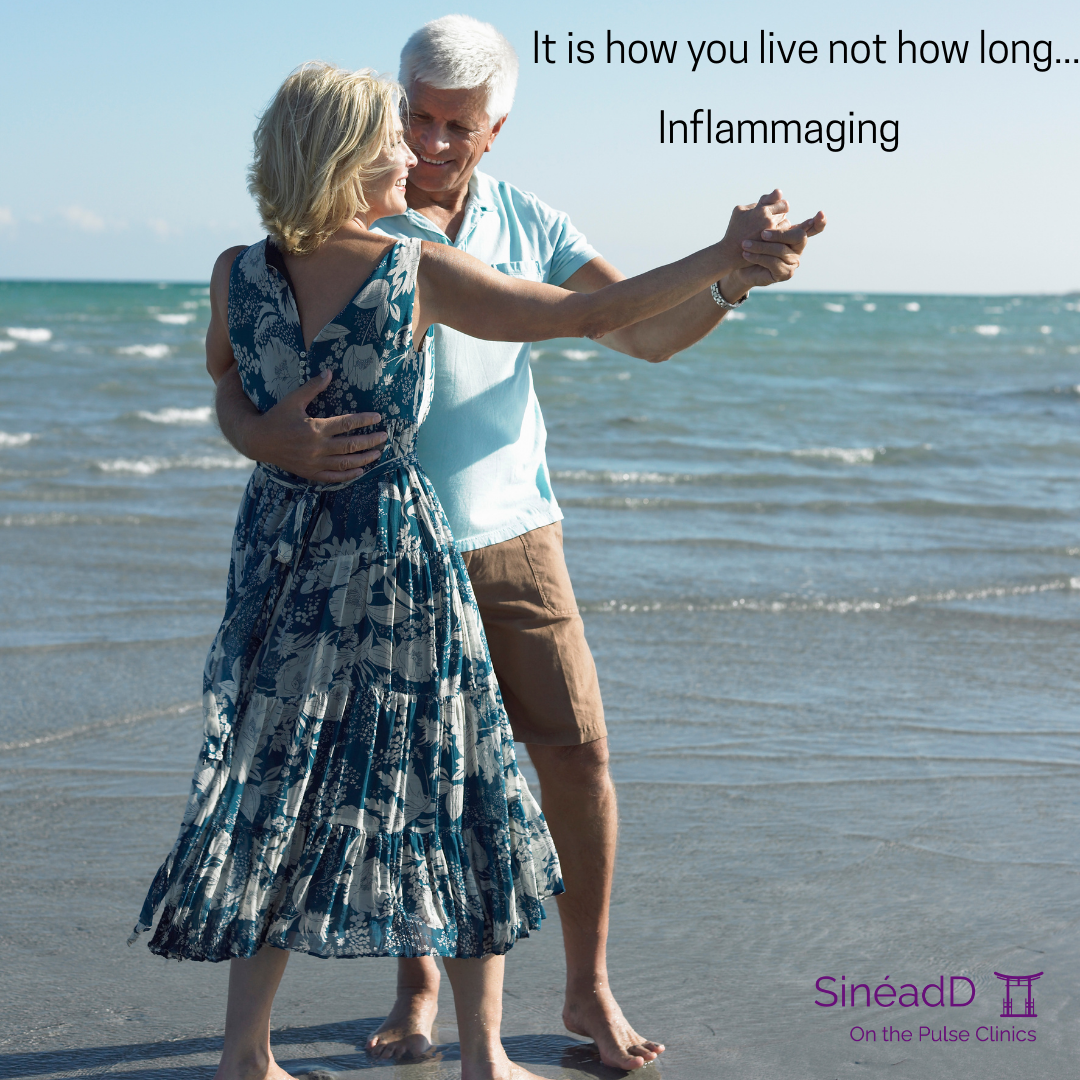
How Ageing Affects Your Blood Vessels — And How Chinese Medicine Can Help
Vascular ageing doesn’t just affect your heart—it affects how you think, move, heal, and feel in your skin. Circulation plays a role in everything from mental clarity to wound healing to skin tone and temperature regulation.
By supporting the health of your blood vessels—and the organs that nourish them—Chinese medicine helps you feel stronger, clearer, and better equipped to age gracefully.

Vascular Ageing and Endothelial Dysfunction
Inflammaging—the chronic, low-grade inflammation that accompanies ageing—is now widely recognised as a key contributor to vascular stiffening, endothelial dysfunction, and microvascular deterioration….TCM does not treat these changes symptomatically. Instead, it works systemically—restoring the functional relationships between organs, enhancing microcirculation, and addressing the root causes of degenerative vascular change.


Inflammaging: Chronic Inflammation, Tissue Breakdown, and the TCM Perspective
Inflammaging is more than a theory—it's increasingly recognised as a driver of degenerative and inflammatory changes in older patients. Here’s how Traditional Chinese Medicine interprets and addresses these changes using targeted, clinically applicable strategies.
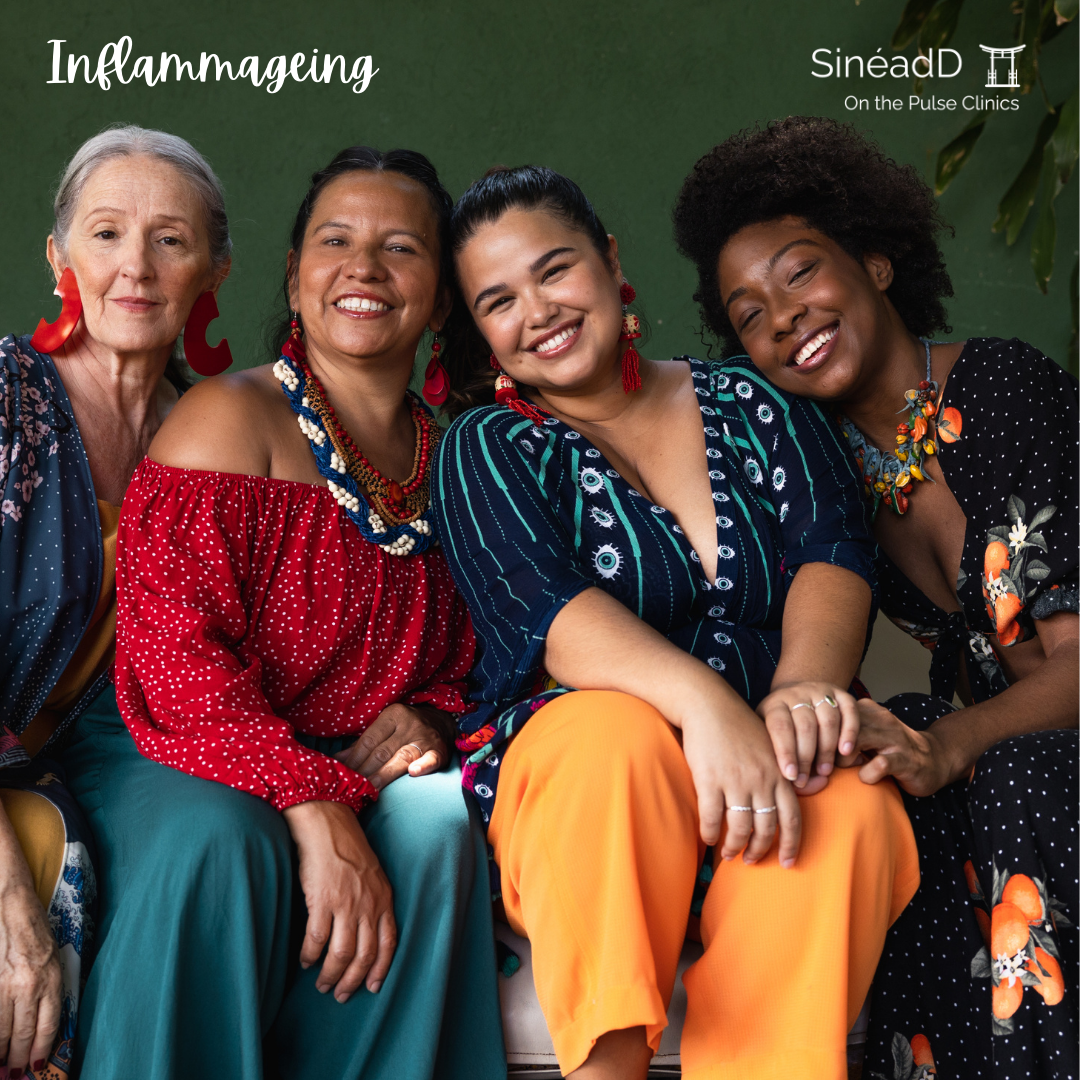
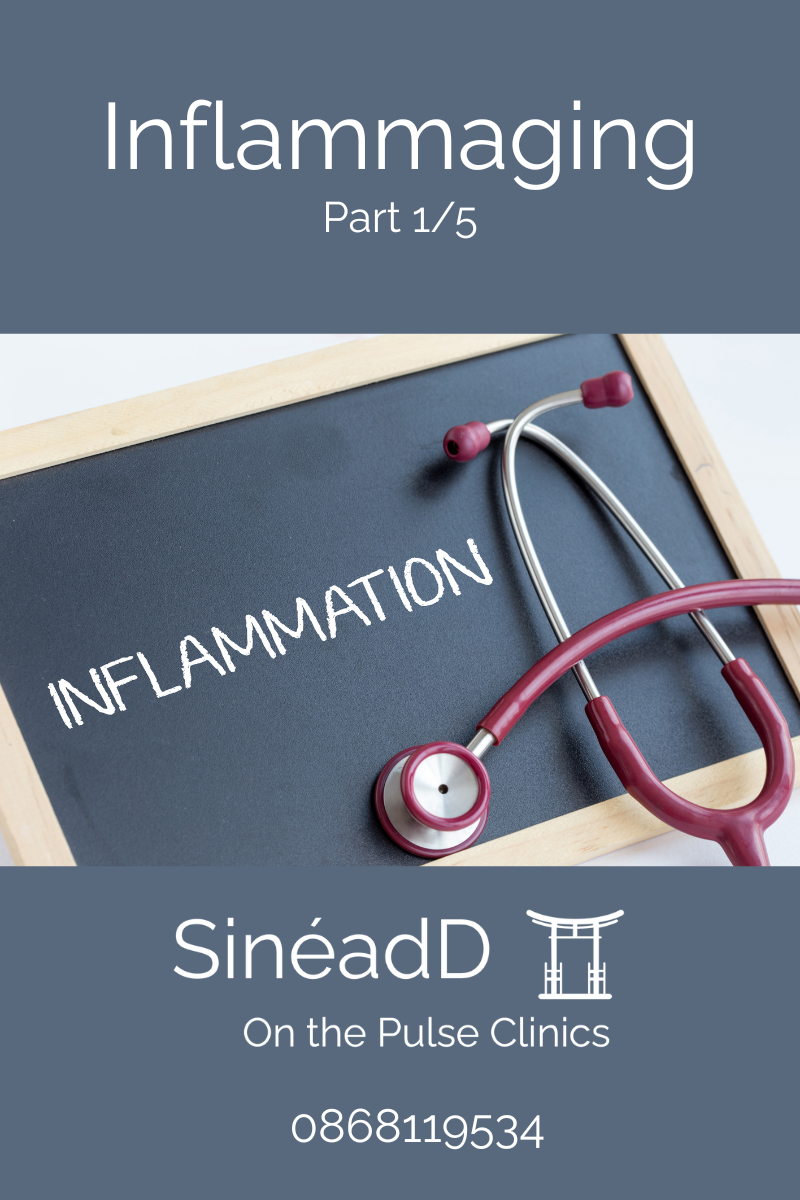




Acupuncture Proven Effective for Chronic Pain: What the Research Says
Acupuncture Proven Effective for Chronic Pain: What the Research Says…

